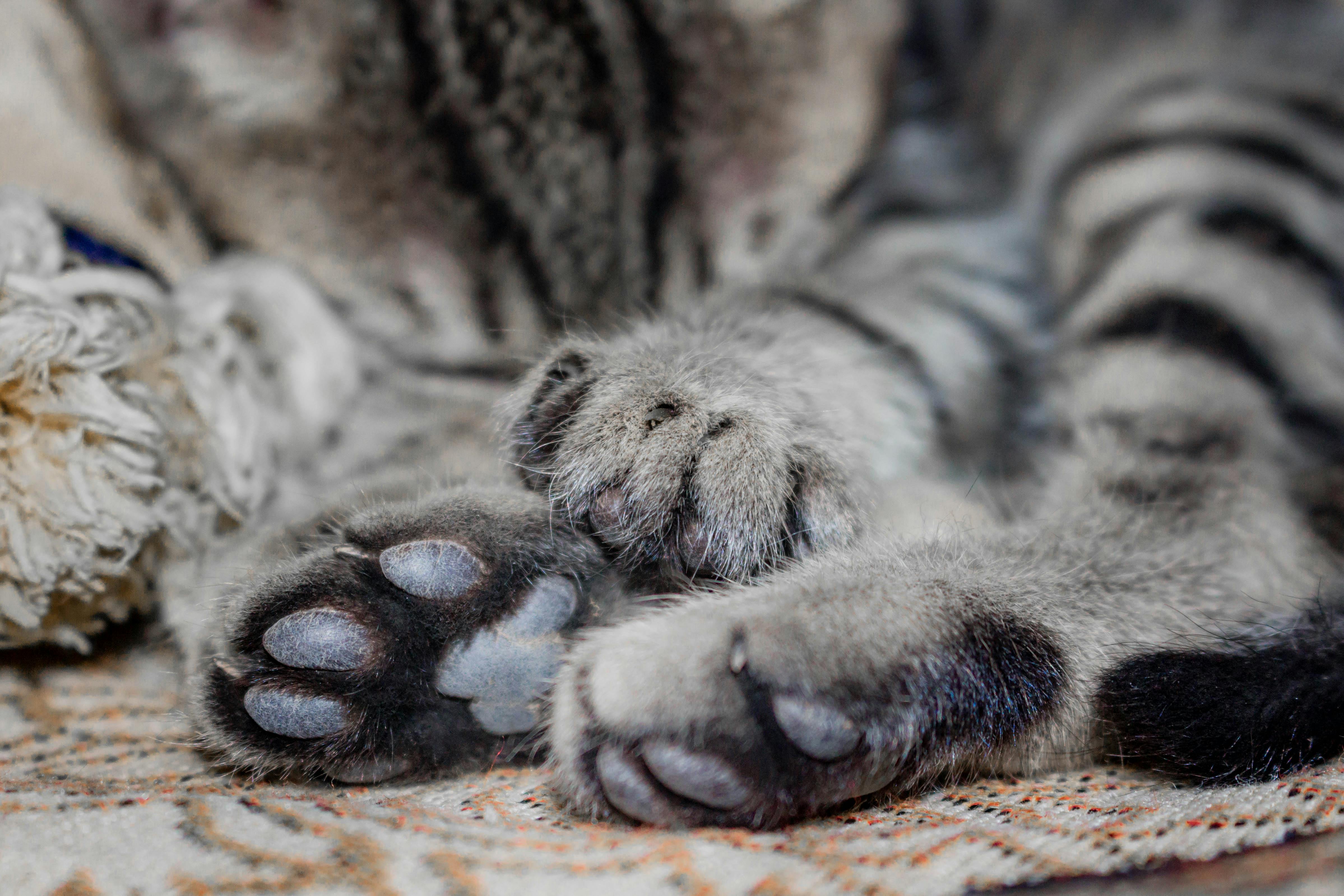A fat or obese dog may seem cute or cuddly to some people, but this condition will actually put dogs in a more risky health situation. Dog owners should not let their dogs overeat as this habit is more harmful to them than anything else. Dogs that are obese are at higher risk for serious medical problems that will affect their lungs, kidneys, heart, liver, and joints. They are also more prone to injury and are at higher risk in surgery. Here are some helpful tips to prevent these types of health problems in your pet.
- Don’t overfeed: This is basic and simple, any dog owner knows that just like people, dogs shouldn’t overeat to avoid health problems. So feed him enough and watch the caloric content of what you are feeding your dog. Additionally, training your dogs to eat on a schedule will also help condition them into a regular and healthy eating habit.
- Veterinary Checkups – If your dog seems a bit overweight in any way, take him to the vet right away for a physical. Similarly, a pet dog that may seem a bit skinny should also be taken to the vet. A good physical exam will help determine any problems with eating and exercise. At this point, the vet can provide him with a good feeding and exercise program that he must conscientiously follow.
- Low Calorie/Low Fat Foods – While there are commercial dog foods that are low in calories, again you should check with your vet about this. Otherwise, your dog may just need proper eating habits with the right nutrition. Some animals may experience problems with low-fat or low-calorie commercial foods, so it’s best to check with your vet first. Some dry dog foods contain 11 to 16 percent fat, so read the back labels before you buy.
- Cut back on extras: It’s all too easy to be tempted to add that extra food or kibble when your dog starts indicating he needs more than what he just ate, but that’s the problem: the more they eat extra, the less fatter they get. they come back So, as a dog owner who cares much more about your dog’s health than giving him that extra food or snack every time he fusses, take control and don’t give him that extra food.
- Good snacks: These can be found at natural food bakeries where they sell pet-appropriate snacks. Better snacks also mean apple or orange slices, banana chips, pretzels. Again, just don’t overdo it, just feed them good snacks when they really need them and not all the burgers or cholesterol-laden foods they can munch on at every turn.
- Exercise – Always schedule regular exercise for your pet, even toy breeds like a chihuahua need regular exercise too, which is more for a big guy who loves to eat. A regular walk or play in the park will help keep any excess weight off or burn off extra food your kids may have fed your dog. Exercise also helps strengthen your heart and lungs, as well as build your resistance to certain diseases. Being with another dog or dogs will also encourage more play or romps, which means more exercise for your furry friend.
- Supplements: Some supplements contain calories that should already be avoided. Vegetable oils that are often added to kibble to treat dry fur or dry skin have this unnecessary caloric content. Foods with enough omega fatty acids or vitamin E will be better for your dog.
Obesity can also worsen a dog’s osteoarthritis, lead to breathing problems during exercise and in hot weather, cause diabetes mellitus, and generally make them less active. But avoiding these potential health problems is possible when the owner is conscientious enough to know what the dog needs besides a healthy dose of food.
Just like humans, an obese dog should eat healthier foods and exercise slowly. A slow exercise routine that can be accelerated as the dog’s weight increases is a good program. No obese dog should immediately over-exercise. The key should be to start slow but make it consistent for them.
